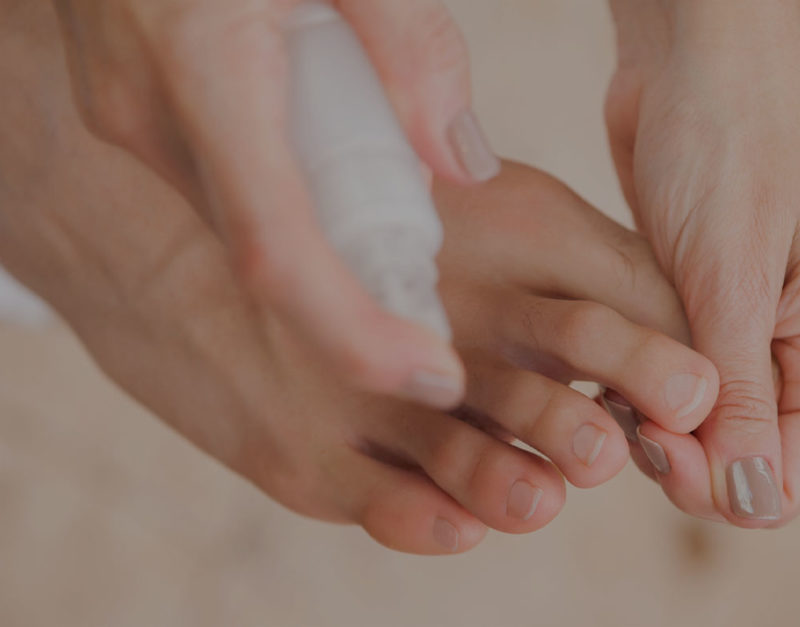 February 22, 2022
February 22, 2022 Feeling drowsy or dizzy, even having frequent persistent headaches, could be signs of many things—but for users of products with benzene, a known carcinogen, these symptoms could be the first signs of cancer.
In What Products is Benzene Found?
Several companies removed products from the market in 2021 for the safety of their consumers. In July, Johnson & Johnson recalled several Neutrogena and Aveeno sunscreen products because samples showed the presence of benzene. September saw Coppertone recall five of its aerosol sunscreens for the same reason. In October, Bayer joined the health and beauty giants when it recalled Lotrimin and Tinactin, its anti-fungal sprays, sold over the past three years because samples tested positive for the same cancer-causing chemical. (There are no issues with Lotrimin or Tinactin creams, including Lotrimin Ultra, or any other Bayer products according to the company.)
What is Benzene?
Benzene, at room temperature, is a colorless or light-yellow liquid chemical that is formed by both natural processes and human activities. It is highly flammable and has a sweet odor.
Why Are the Products with Benzene So Dangerous?
One significance of benzene being found in consumer products is the chemical’s link to cancer. The CDC says cells exposed to benzene no longer work correctly. Bone marrow, for instance, will not produce enough red blood cells, which can lead to anemia. “Also,” the CDC warns, “it can damage the immune system by changing blood levels of antibodies and causing the loss of white blood cells,” which increases the chance for infection and can be life-threatening.
Another significance is that long-term exposure can cause leukemia and other deadly cancers of the blood cells. Acute myeloid (or myelogenous) leukemia (AML) and myelodysplastic syndrome are two conditions that have been most closely linked to the toxic substance.
The American Cancer Society says studies have also suggested links to childhood leukemia, acute lymphocytic leukemia (ALL), chronic lymphocytic leukemia (CLL), multiple myeloma, and non-Hodgkin lymphoma.
What Are the Signs and Symptoms of Benzene Exposure?
Though showing the signs and symptoms below does not necessarily mean a person has been exposed to benzene, those who do show signs and have been using products known to contain benzene should see a doctor as soon as possible.
Within minutes or several hours of breathing in high levels of benzene, the CDC says a person may experience:
- Drowsiness
- Dizziness
- Rapid or irregular heartbeat
- Headaches
- Tremors
- Confusion
- Unconsciousness
- Death (at very high-level exposure)
What to Do If Exposed to Benzene
If you suspect you’ve been exposed to benzene, the CDC recommends to:
- Remove clothing quickly. If clothing has to be pulled over the head, cut it off.
- Wash immediately with soap and water. Burning eyes should be rinsed with plain water for 10-15 minutes. Contacts should be thrown away. Eyeglasses should be washed with soap and water before wearing them again.
- Dispose of clothes. Avoid touching clothes. Use tongs or similar tools to place clothing into a sealable plastic bag, then inside another sealable plastic bag.
- Call the local health department. When they arrive, tell them how the clothing was handled, and they will arrange for further disposal.
Once the clothing has been handled, it would then be beneficial to make an appointment with your doctor and then a benzene lawyer.
How We Help Victims of Benzene Exposure
Seek justice with the help of our experienced attorneys. Our Dallas, Texas, benzene law firm has battled corporate giants on behalf of individuals like you for 20 years, aggressively fighting to hold them responsible for dangerous chemicals and the personal injuries and cancers they cause. If you have suffered a catastrophic injury caused by dangerous products, we can help.


